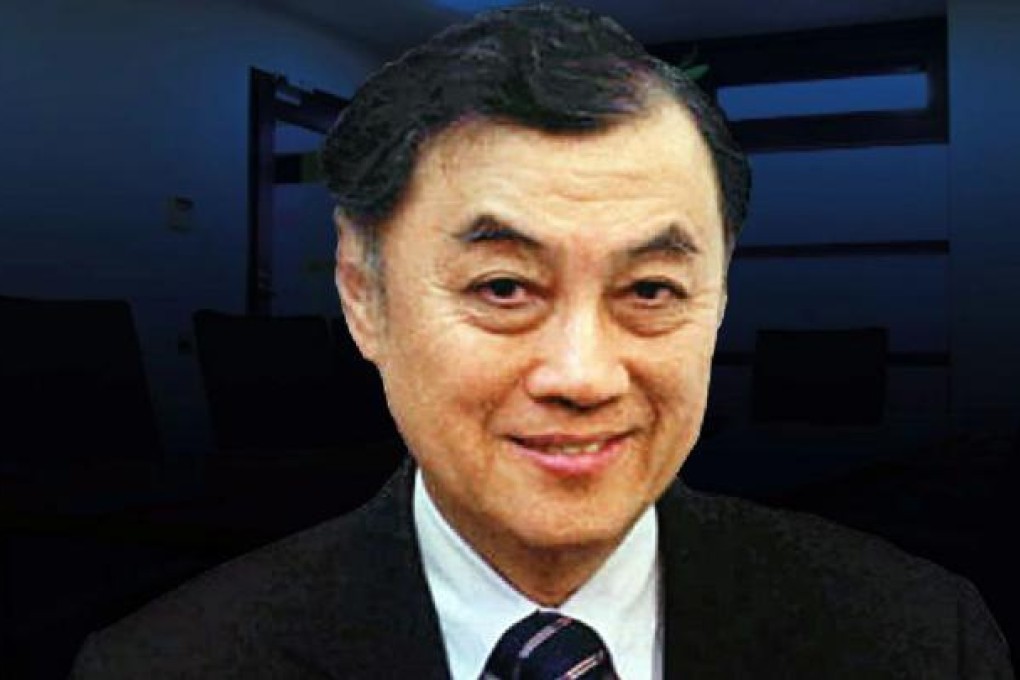Opinion | Diaoyu protesters cannot be allowed to hijack foreign policy
Frank Ching says Beijing and Tokyo cannot let the provocations of professional protesters hijack their foreign policy goals

After a group of activists who sailed from Hong Kong to the Diaoyu Islands was detained by Japan on August 15, the Chinese foreign ministry spokesman issued a protest, calling the detentions "a gross violation of China's territorial sovereignty". Japan, too, lodged a protest.
Four days later, another group of activists, this time Japanese, landed on the same island without permission from their government and planted the Japanese flag. The Chinese spokesman again protested. Japan rejected the protest, saying the Senkakus, as the islands are known in Japan, are Japanese territory. By then, anti-Japan protests had broken out across China, the largest since 2005. Thus, actions by private citizens forced their governments into a confrontation that both wanted to avoid.
After the Hong Kong activists landed, Japanese coast guard officers initially did not arrest them, but attempted to persuade them to return home.
According to an account published in Next Magazine, Lo Chung-cheong and Tsang Kin-shing, known as "the Bull", steadfastly refused to leave. "They originally wanted us to return to the boat and leave," Lo was quoted as saying. "But if so, won't it all be for nothing? No one will know. Governments on both sides of the strait won't say a word." So, to force Beijing's hand, they created an international incident. Now, they have what they want.
While neither Beijing nor Tokyo wants the situation to escalate, there are citizens on each side who want nothing better than to stir things up. And when they do, their governments have little choice but to back them up.
Japanese media reports have labelled the activists "pro-China". Nothing could be further from the truth. Tsang is a regular protester against the Tiananmen Square massacre. Another activist, Koo Sze-yiu, has burned the Chinese flag. A third activist, Yeung Hong, wears "Free Tibet Now" T-shirts.
